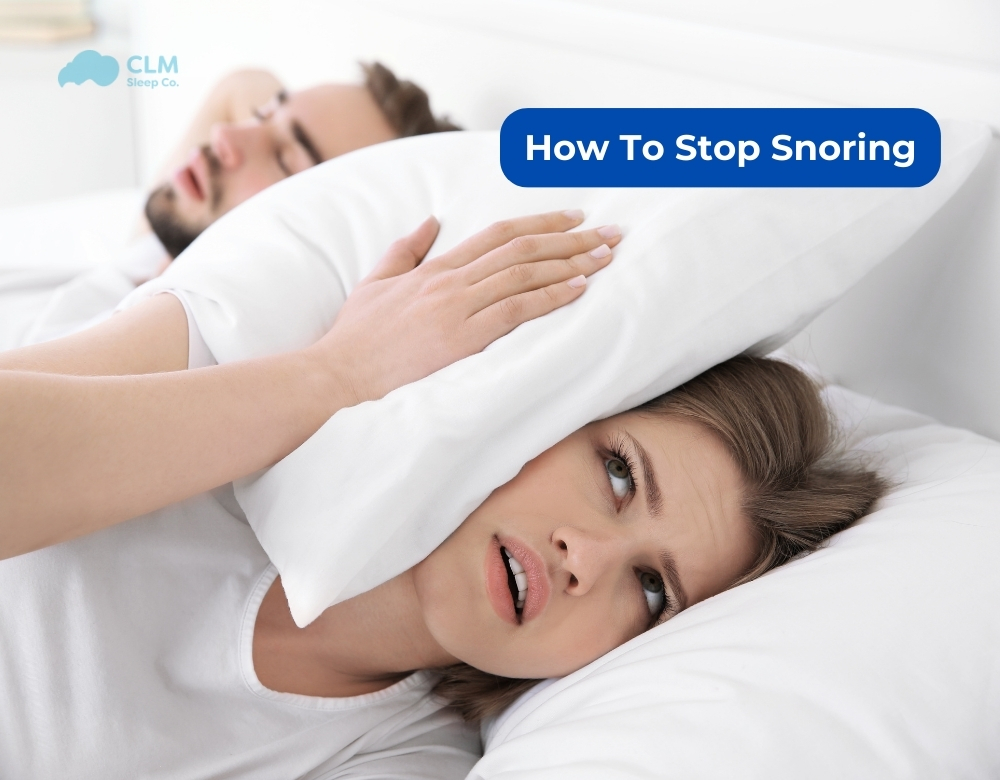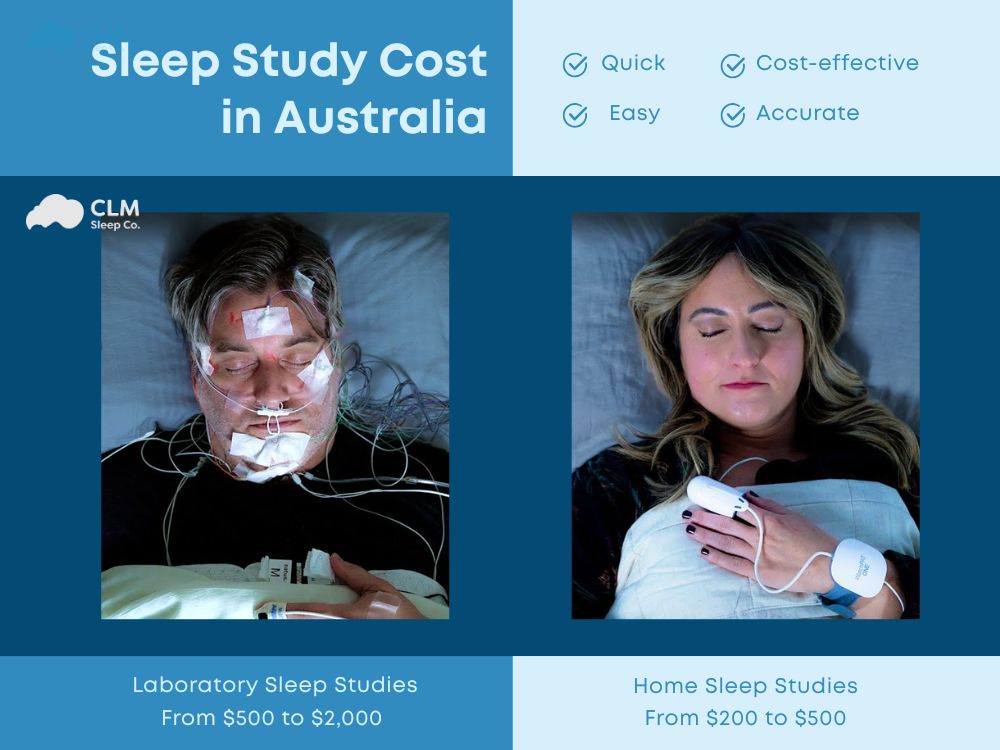You can reduce or eliminate snoring by making lifestyle changes or implementing appropriate treatments. Snoring is a common issue that can disrupt the sleep of both the snorer and their partner. While occasional snoring may not be serious, chronic snoring can indicate underlying health problems, such as sleep apnea. So, how can you stop snoring? Join CLM Sleep as we explore the causes of snoring and discover effective remedies.
Causes of Snoring
The causes of snoring can be due to various factors, including:
Obesity: Excess weight causes excess fat to accumulate around the throat, putting pressure on the airway, leading to snoring. This condition is commonly seen in men because they tend to store more fat around the neck and upper body than women.
Age: As people grow older, the throat muscles gradually weaken over time, which can make the airway more prone to collapse during sleep.
Gender: Men are more likely to snore than women due to differences in the structure of the airway and hormones in the body.
Allergies or Nasal Congestion: A blocked nasal passage can make breathing through the nose more difficult, forcing more air to pass through the mouth and increasing snoring.
Sleeping position: Sleeping on your back can cause the tongue and soft tissues to fall back, partially obstructing the airway.
Alcohol and sedatives: They relax the throat muscles, which can contribute to snoring.
Smoking: Smoking irritates and inflames the tissues of the airways, leading to increased snoring.
Sleep apnea: A more serious condition that leads to snoring is a complete blockage of the airway, causing temporary cessation of breathing and loud snoring.
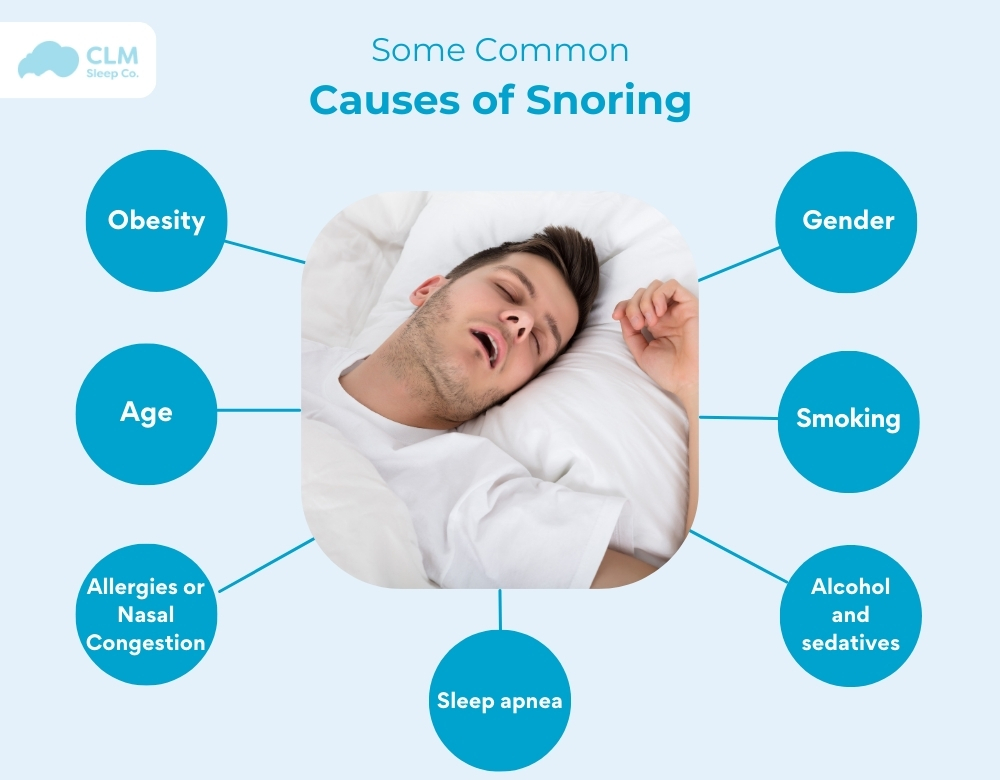
Natural Remedies to Stop Snoring
Sleeping position
The simplest way to reduce snoring while sleeping is to change your sleeping position. Instead of lying on your back, which can block your airway, you can sleep on your side or elevate your head to reduce snoring while sleeping.
- Sleeping on your side will help prevent the tongue and soft tissues in the throat from collapsing, which can obstruct the airway and lead to snoring. You can use a body pillow or place a pillow behind your back to maintain this position throughout the night.
- Sleeping with the head elevated helps keep the airways clear and reduces snoring. To maintain this sleeping position throughout the night, you can use a high pillow or elevate the head of the bed.
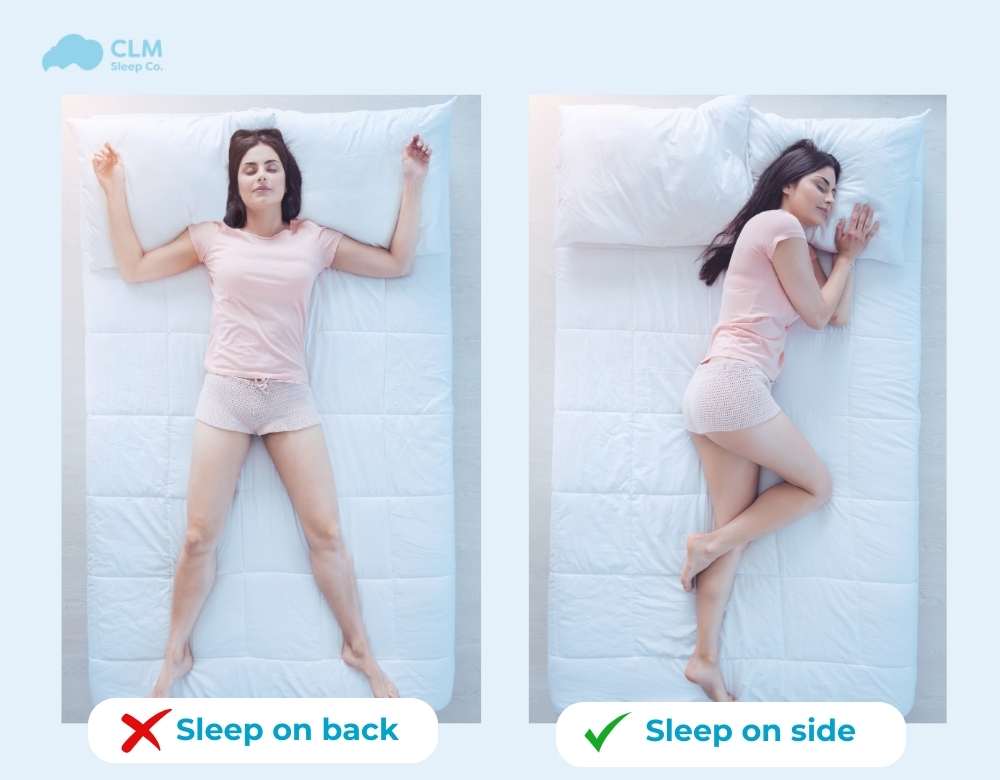
Weight Management
As you know, being overweight can lead to excess fat accumulation around the throat, causing snoring during sleep. To improve this situation, you need to have an effective weight management plan. Just losing a few kilograms, you can significantly reduce snoring. A healthy diet and regular exercise will be the key to improving snoring.
Throat exercises
Currently, there are many exercises to strengthen the muscles of the mouth, tongue, and throat to improve snoring during sleep, such as tongue exercises, swallowing exercises, and pronunciation exercises, among others.
Swallowing Exercise
How to do it: Sit up straight, hold a small sip of water in your mouth for about 5 seconds, then swallow slowly to feel your throat muscles working. This can help enhance muscle tone in the throat. You can increase the difficulty by drinking water faster or swallowing a piece of soft food instead of water.
Repeat: Do this exercise about 5-10 times per session.
Vocalization Exercise
How to do it: Choose the appropriate pitch and then pronounce the vowels (a, e, i, o, u) loudly and clearly. Focus on pronouncing each vowel clearly. This exercise helps improve the throat muscles and vocal cords.
Duration: Spend about 5 minutes on this exercise daily.
Jaw Exercise
How to do it: Open your mouth wide as if you are yawning. Hold this position for about 5 seconds, then close your mouth. This exercise helps stretch, strengthen the jaw and throat muscles.
Repetitions: Repeat this exercise about 10 times.
Neck Stretch Exercise
How to do it: Sit up straight. Gently tilt your head back and hold that position for 5 seconds. Then, turn your head to the left and hold for 5 seconds. After that, turn to the right and hold for another 5 seconds. This exercise helps stretch the muscles in the neck and throat.
Repetitions: Repeat this exercise about 5 times on each side.
Yawning Exercise
How to do it: Allow yourself to yawn deeply and try to keep your mouth open as wide as possible while yawning. This can help stretch the throat muscles.
Repetitions: Perform this exercise about 10 times.
Tongue Exercise
How to do it: Stick your tongue out as far as possible, move it up and down, and try to touch the tip of your tongue to your nose and chin. This exercise helps strengthen the tongue and throat muscles.
Repetitions: Repeat this exercise 5-10 times.
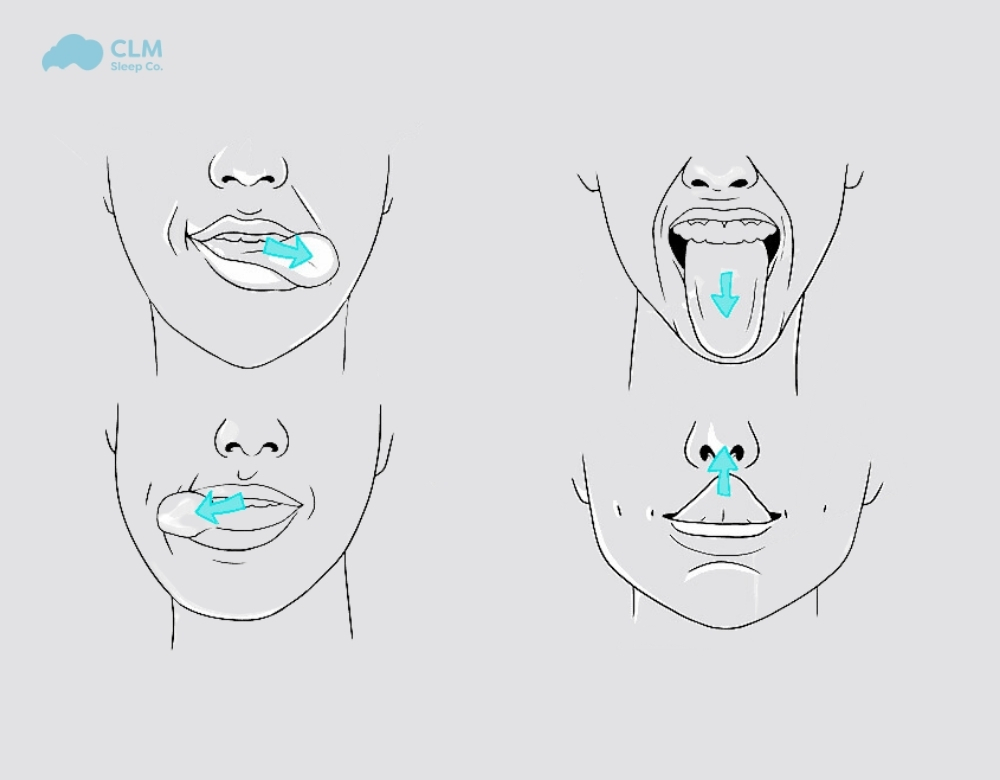
Avoid alcohol and sedatives
Avoiding alcohol and sedatives, especially before bedtime, can significantly reduce snoring. These substances relax the muscles in the throat, which can lead to airway obstruction during sleep. Instead, choose relaxing activities to improve sleep, such as reading or meditating.
Quitting smoking
Smoking irritates the mucous membranes in your throat, leading to inflammation and increased snoring. Quitting smoking can help reduce this irritation and improve your overall respiratory health, making it easier for you to breathe during sleep.
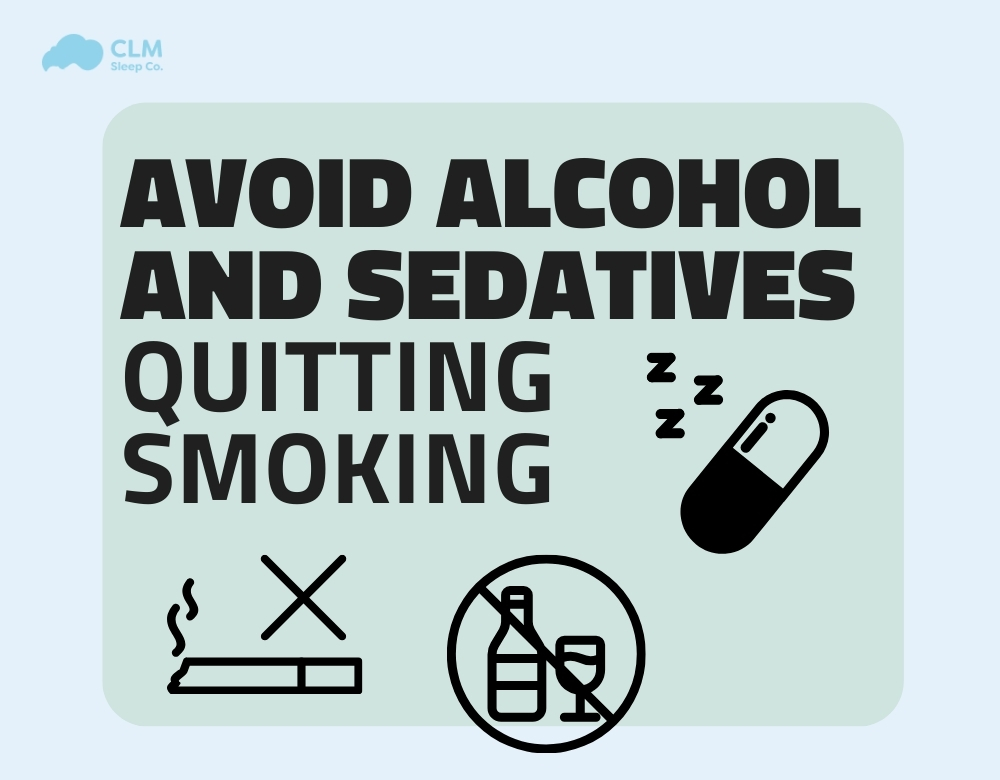
Getting enough sleep
Ensuring you get enough sleep each night is crucial. Sleep deprivation can lead to relaxation of throat muscles, which may increase the likelihood of snoring. Try to get 7 to 9 hours of quality sleep each night to help reduce snoring and improve your overall health.
Drinking enough water
Keeping the body well-hydrated not only benefits overall health but also helps reduce snoring. When the body is dehydrated, the mucus in the throat becomes thicker, obstructing the airway and leading to snoring. Try to drink 1 to 2 liters of water each day to keep your throat and respiratory tract clear. This not only helps improve sleep but also supports long-term health.
Anti-Snoring Devices and Treatments
Nasal strips
The nasal strip is placed horizontally on the bridge of the nose, helping to elevate the nostrils and widen the airways. It makes breathing easier and reduces snoring caused by nasal congestion. This solution is particularly useful for those with allergies or colds. By facilitating easier airflow while sleeping, nasal strips can help you achieve deeper and higher quality sleep.
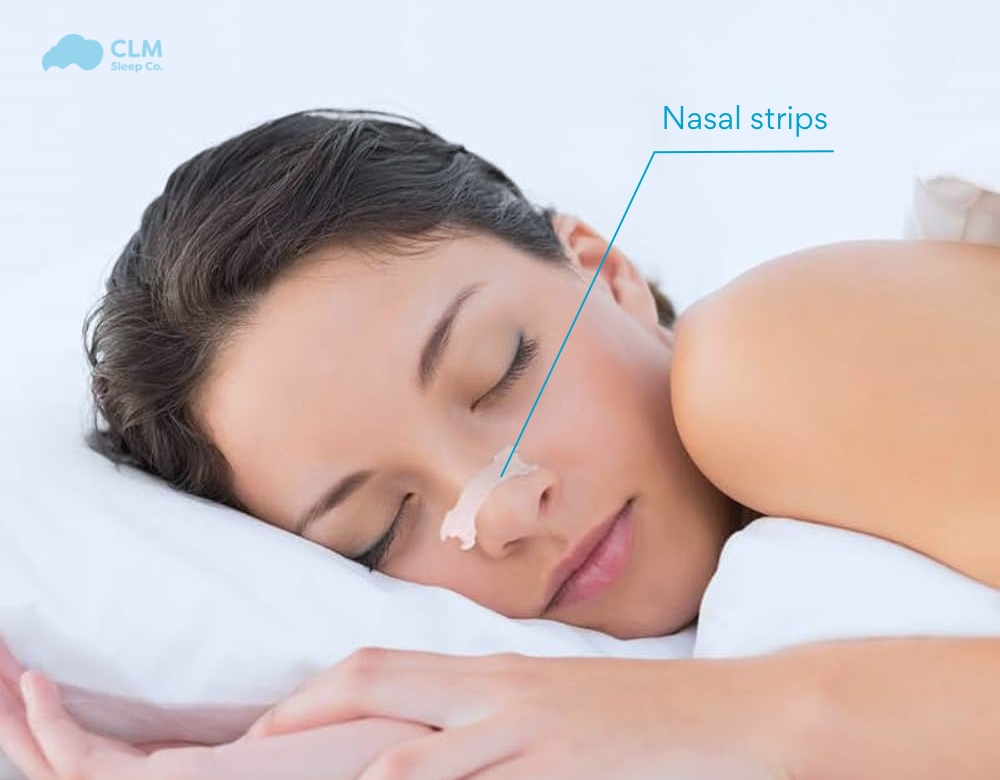
Mandibular advancement devices (MADs)
Mandibular advancement devices are custom-fitted mouthpieces that play a crucial role in combating snoring. They work by gently repositioning the lower jaw and tongue forward during sleep, helping to keep the airway open. These devices are usually recommended for individuals diagnosed with snoring issues, particularly those who do not have severe sleep apnea. MADs can be an effective, non-invasive alternative to other treatments, offering a comfortable and convenient solution.

Continuous Positive Airway Pressure (CPAP) machines
CPAP machines are recognized as one of the top treatments for obstructive sleep apnea, which is often associated with chronic snoring. These devices provide a consistent flow of air through a mask, keeping the airway open and preventing breathing interruptions during the night. Many users notice significant improvements in their sleep quality and feel less tired during the day after starting therapy. While it may take some time to get used to wearing the mask, the overall health benefits are substantial.
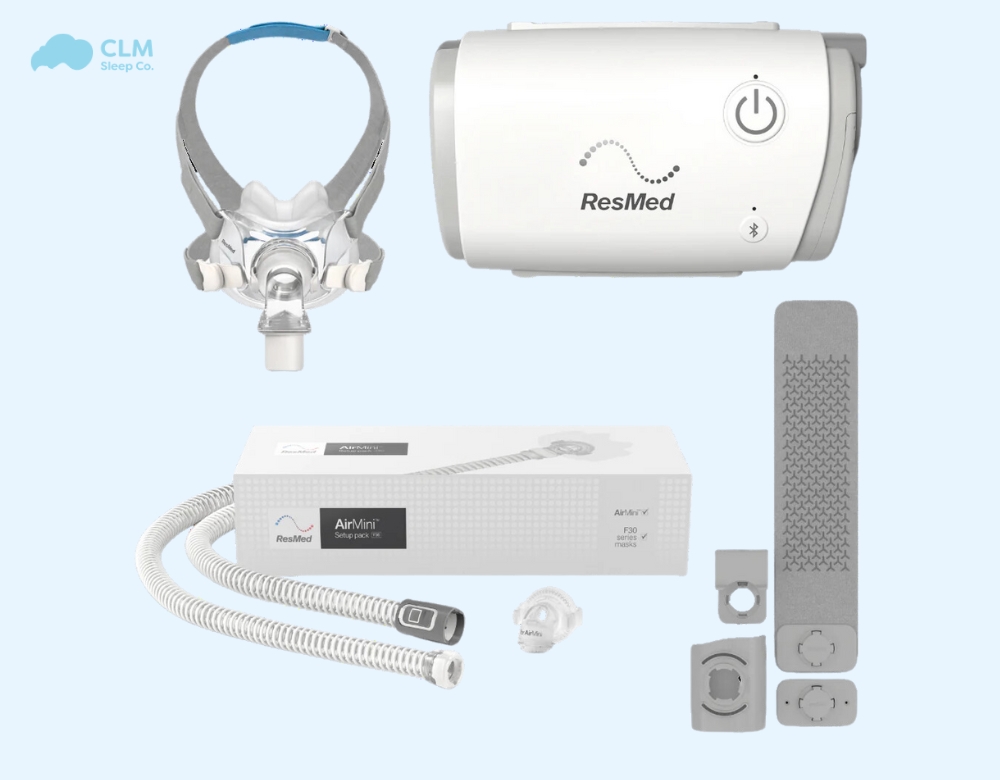
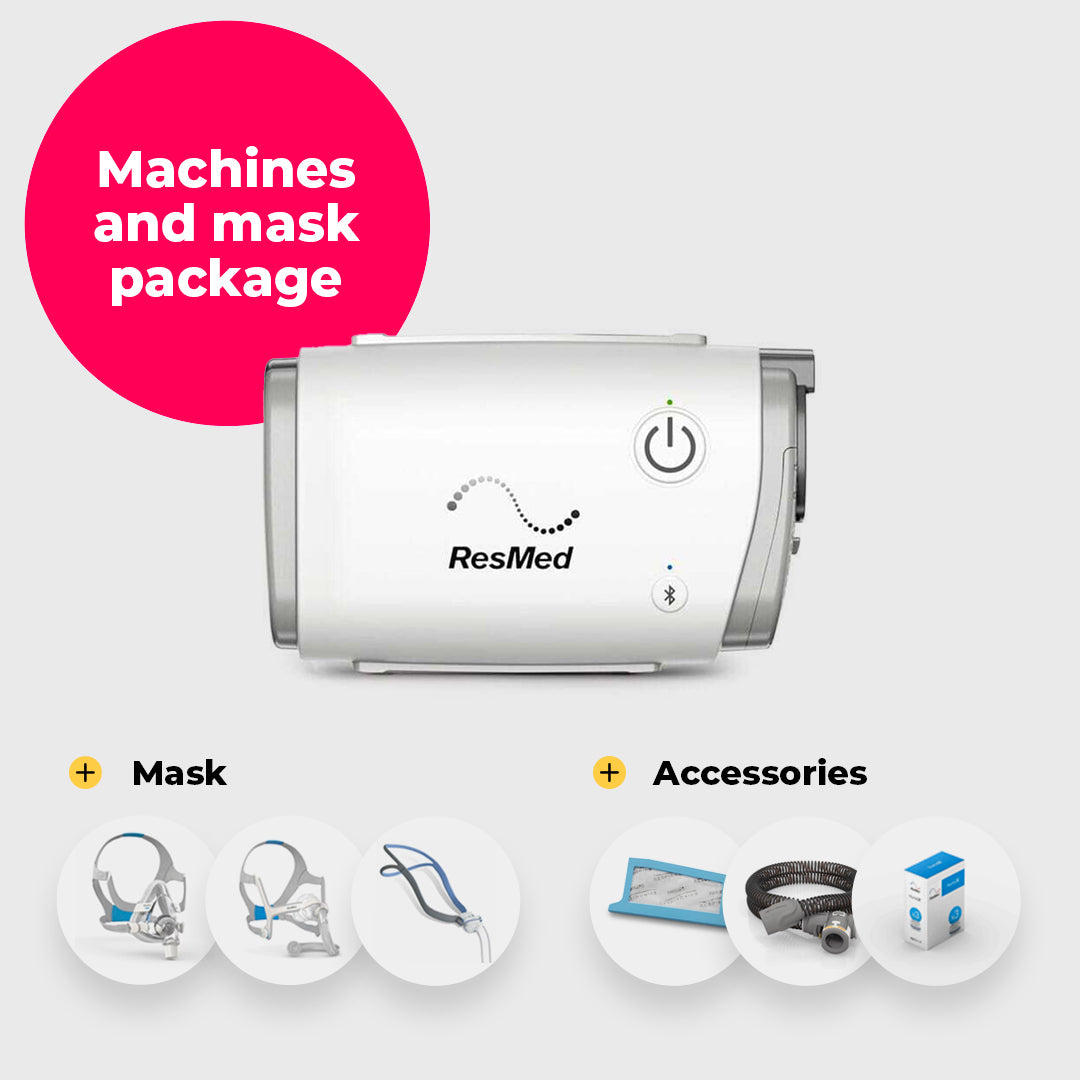
Enjoy FREE shipping on all orders over $200
Surgery (for severe sleep apnea cases)
For those with severe sleep apnea or ongoing snoring that doesn’t improve with other treatments, surgery might be a suitable alternative. Surgical interventions can vary but often involve removing excess tissue from the throat, correcting structural abnormalities, or repositioning parts of the airway. Such procedures aim to enhance airflow and alleviate the symptoms associated with obstructive sleep apnea. Although surgery is a complex invasive method, it can serve as a quick and long-term solution for severe sleep apnea, effectively treating the condition.
Snoring and sleep apnoea
Snoring and sleep apnea are closely related. Snoring often indicates a blockage in the airway, while sleep apnea is a more serious condition where breathing temporarily stops for several seconds to minutes during sleep. Not everyone who snores has sleep apnea, but snoring can be a symptom of this condition. Both issues can negatively impact sleep quality and overall health.
When to See a Doctor
It’s important to see a doctor if you experience loud snoring, gasping or choking during sleep, excessive daytime sleepiness, difficulty concentrating, or any signs of sleep apnea. Additionally, if your snoring is causing problems in your relationships or affecting your overall health, seeking medical advice is advisable. A healthcare professional can provide a proper evaluation and recommend appropriate treatments.
Conclusion of the article
How to stop snoring? Stopping snoring often requires a combination of lifestyle changes, treatments, and sometimes medical interventions. From simple remedies like changing sleeping positions and staying hydrated to using devices like nasal strips or CPAP machines, there are various options to explore. Addressing underlying causes like obesity, nasal congestion, or sleep apnea is also essential. By taking proactive steps and consulting a healthcare professional when necessary, you can significantly improve your sleep quality and overall health, creating a more restful and peaceful night for you and those around you.
For an accurate diagnosis and effective treatment of sleep-related issues, you can visit or contact the CLM Sleep clinic network in Australia. We will tailor a personalized treatment plan specifically for your needs. Additionally, we offer high-quality sleep apnea treatment devices through our Cpapdiscount stores, featuring top brands such as ResMed, Philips, and F&P. These devices are designed to improve both your sleep quality and overall health.
Schedule an appointment today!
Hotline: 1300 256 753
Head Office: CLM – Sleep Study Kent Town, Adelaide
